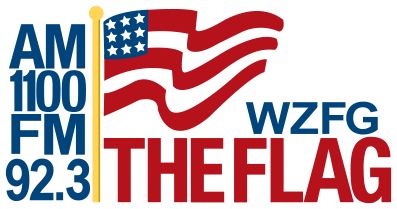(Bismarck, ND) -- Another mixed bag being delivered in the latest update from the Legislative Session in Bismarck.
Four North Dakota House gun bills are now off the table after being voted down.
The House killed a bill that would have allowed guns to be carried in public buildings other than schools, federal facilities, and courthouses. A separate proposal voted down would have authorized the concealed carry of guns on public university and college campuses. A third failed bill would have allowed honorably discharged military veterans to carry concealed guns in schools, churches, and public buildings. A fourth bill that was killed would have blocked local governments from adopting red flag laws.
However, the House is advancing a bill to ensure physical polling places.
The move follows North Dakota's all-mail June 2020 election. The bill passed unanimously and is now headed to the Senate.
Lawmakers are also considering a bill that would cement the Indian Child Welfare Act into the state's Century Code.
The sponsor of the bill says the goal of the measure would be to help ensure Native American children removed from their homes can grow up with strong family and cultural ties. The U.S. Supreme Court is expected to release a ruling on the same federal act soon. The bill is currently on the House floor to be voted on.
The House is advancing several bills related to the state's investments.
One bill would prohibit the state investing in companies that boycott Israel. Another bill would give those in charge of the state's funds the ability to prioritize companies that support agriculture and North Dakota's energy industry. The House also passed a bill that would require the state Investment Board to prepare annual reports that list the countries the state is invested in.
And finally, a bill that would allow dairy farmers to sell raw milk directly to consumers is working its way through the Legislature.
The State House approved the bill Monday, which would mean that the sale of raw milk would take place between the seller and consumer. The bill is now headed to the State Senate.







